Artificial intelligence is prompting young people to rethink their career plans
06 June 2025
Gone are the days when young graduates waited patiently for the doors to employment to open for them. Today, they are breaking with established norms by embracing artificial intelligence to transform their career choices. Between rapid adoption and profound upheaval, this generation is reinventing the rules of the professional game.
The scale of this silent revolution can now be measured in concrete terms. A recent survey conducted by Prospects among more than 4,000 British students and graduates reveals its full scope. The results paint a picture of a generation that is embracing artificial intelligence on a massive scale, while questioning the impact of this technology on its future prospects.
The figures speak for themselves. Nearly 39% of young jobseekers now use artificial intelligence to revise their resumes or cover letters, while 30% use it to write them from scratch. This widespread use of AI tools extends to preparing for job interviews (29%) and answering questions in application forms (23%).
This democratization is transforming job search strategies. As a result, one-fifth of young graduates submit more than 50 applications, an increase directly linked to the ease of use of AI tools. Those aged 25-34 are the most active in this field, with 44% using artificial intelligence to optimize their chances of finding work.
Rethinking career plans
Beyond resumes, artificial intelligence is becoming a career advisor. Nearly 18% of respondents consult ChatGPT or Microsoft Copilot for career advice, and 84% find these platforms useful for professional guidance. AI is thus establishing itself as a legitimate source of information, even if it remains less valued than human expertise.
Artificial intelligence is not only transforming job searches, it is also disrupting careers. In fact, 10% of students surveyed say they have already changed their career plans due to the emergence of this technology. Some are abandoning fields they believe are threatened by automation. "I was going to be a graphic designer, but after the big leap in AI development, I realized that most clients will no longer need my work," says one respondent. Others fear that their skills will become obsolete, particularly in translation and writing.
But artificial intelligence also opens up new career prospects. Some see unprecedented opportunities in cybersecurity and data analysis. "Technology is impacting the way we deal with and respond to crime. Therefore new and emerging jobs are being created to combat it," says one individual.
However, this revolution is causing anxiety. Students who have changed their career plans are more uncertain about their future (46% vs. 37%) and more pessimistic about their prospects (29% vs. 17%). "My job will be obsolete within 5 to 10 years, so I need to find something more secure now," says one respondent. This race against time creates particular stress for young people in training.
Faced with this change, educational institutions and companies need to rethink their approach. The challenge is to train a generation capable of working with AI without losing their professional identity. Artificial intelligence is transforming the professional landscape, but its impact will depend on our collective ability to make it a lever for fulfillment rather than yet another source of anxiety.– AFP Relaxnews
Source: The Star
The scale of this silent revolution can now be measured in concrete terms. A recent survey conducted by Prospects among more than 4,000 British students and graduates reveals its full scope. The results paint a picture of a generation that is embracing artificial intelligence on a massive scale, while questioning the impact of this technology on its future prospects.
The figures speak for themselves. Nearly 39% of young jobseekers now use artificial intelligence to revise their resumes or cover letters, while 30% use it to write them from scratch. This widespread use of AI tools extends to preparing for job interviews (29%) and answering questions in application forms (23%).
This democratization is transforming job search strategies. As a result, one-fifth of young graduates submit more than 50 applications, an increase directly linked to the ease of use of AI tools. Those aged 25-34 are the most active in this field, with 44% using artificial intelligence to optimize their chances of finding work.
Rethinking career plans
Beyond resumes, artificial intelligence is becoming a career advisor. Nearly 18% of respondents consult ChatGPT or Microsoft Copilot for career advice, and 84% find these platforms useful for professional guidance. AI is thus establishing itself as a legitimate source of information, even if it remains less valued than human expertise.
Artificial intelligence is not only transforming job searches, it is also disrupting careers. In fact, 10% of students surveyed say they have already changed their career plans due to the emergence of this technology. Some are abandoning fields they believe are threatened by automation. "I was going to be a graphic designer, but after the big leap in AI development, I realized that most clients will no longer need my work," says one respondent. Others fear that their skills will become obsolete, particularly in translation and writing.
But artificial intelligence also opens up new career prospects. Some see unprecedented opportunities in cybersecurity and data analysis. "Technology is impacting the way we deal with and respond to crime. Therefore new and emerging jobs are being created to combat it," says one individual.
However, this revolution is causing anxiety. Students who have changed their career plans are more uncertain about their future (46% vs. 37%) and more pessimistic about their prospects (29% vs. 17%). "My job will be obsolete within 5 to 10 years, so I need to find something more secure now," says one respondent. This race against time creates particular stress for young people in training.
Faced with this change, educational institutions and companies need to rethink their approach. The challenge is to train a generation capable of working with AI without losing their professional identity. Artificial intelligence is transforming the professional landscape, but its impact will depend on our collective ability to make it a lever for fulfillment rather than yet another source of anxiety.– AFP Relaxnews
Source: The Star

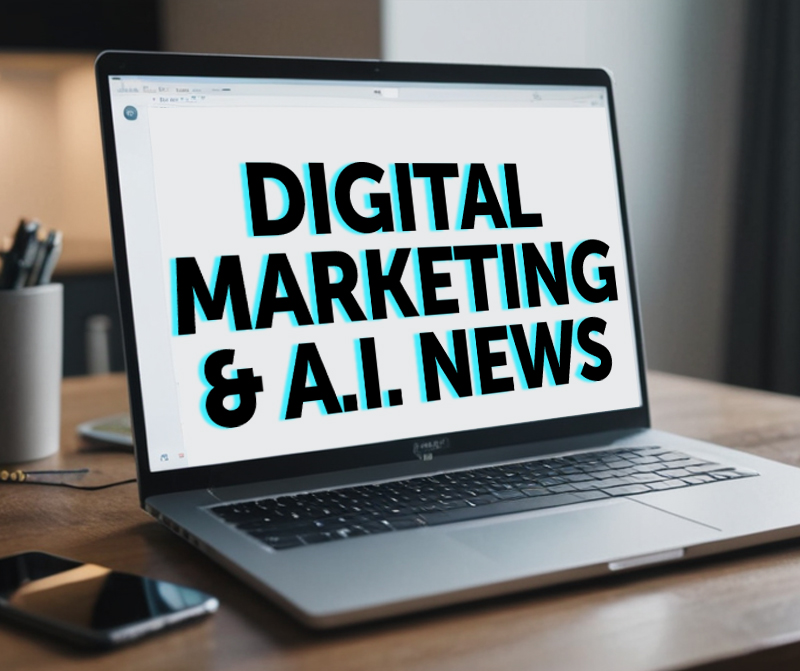
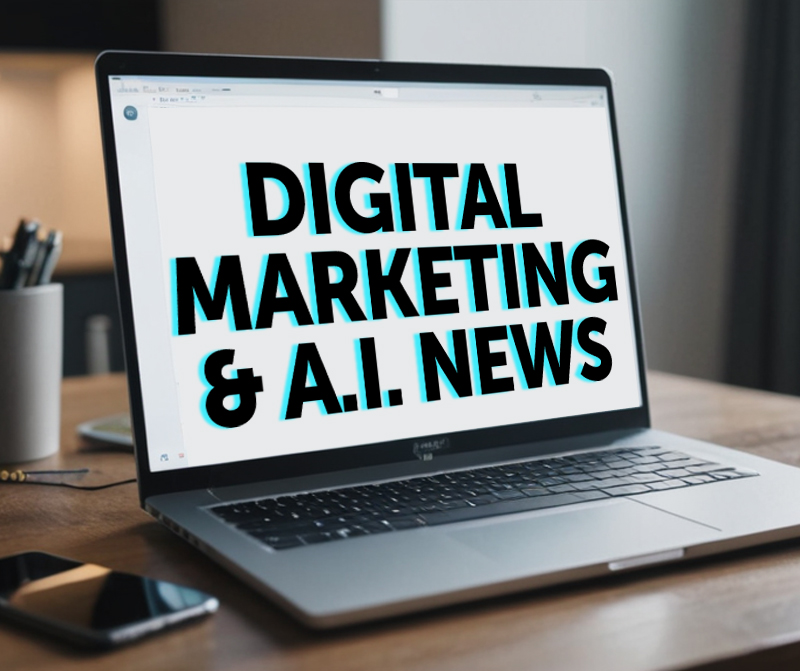
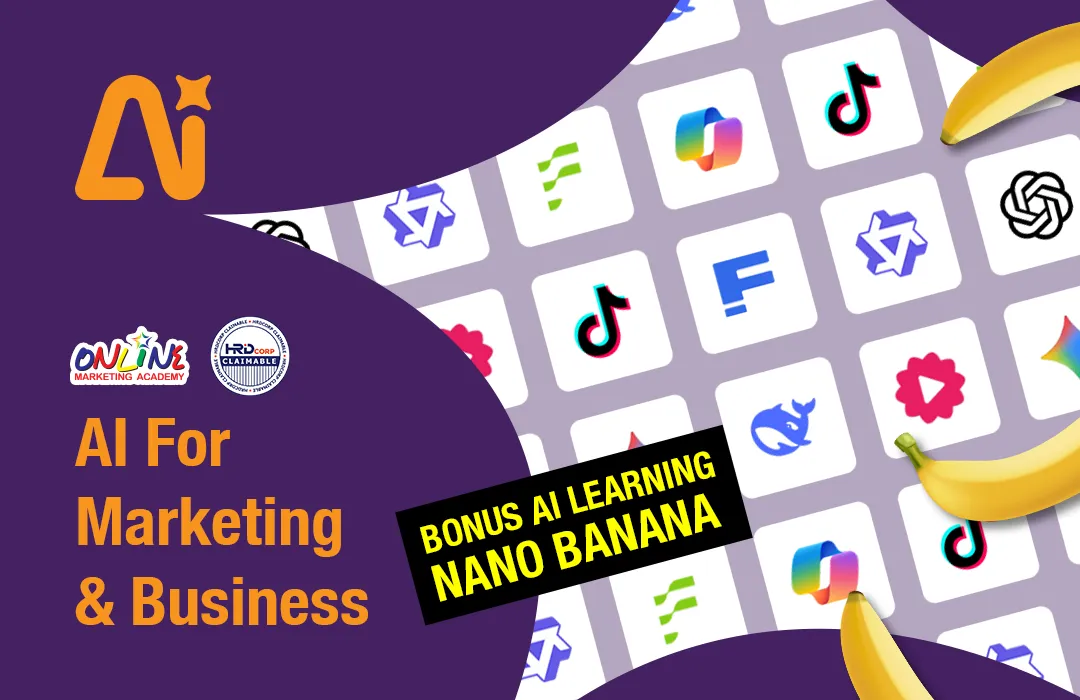
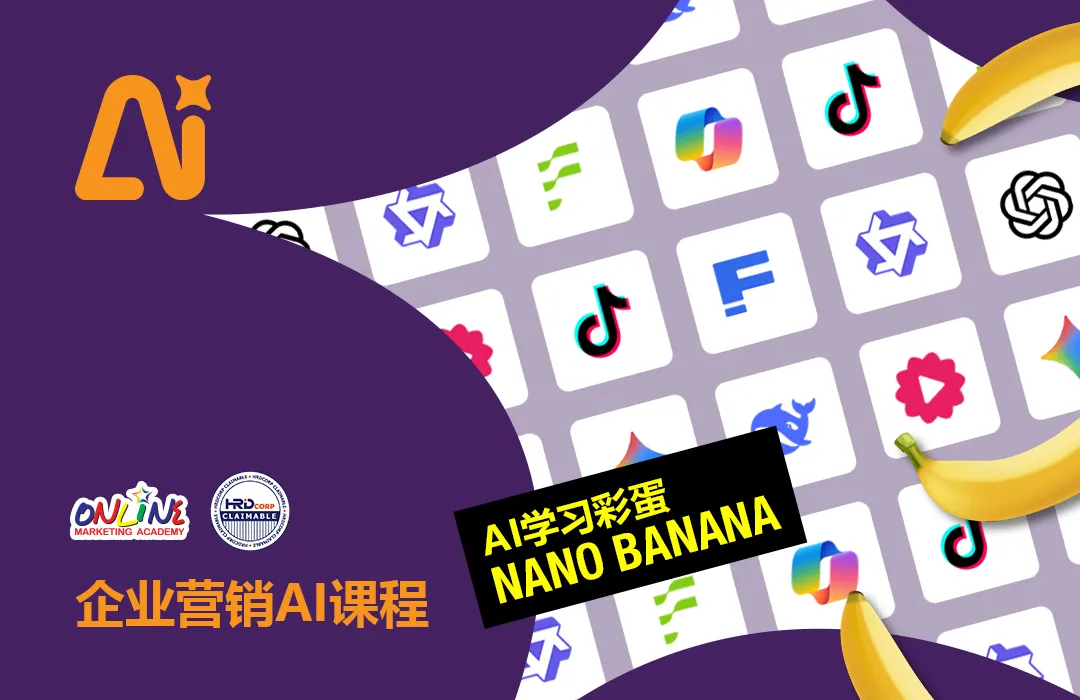
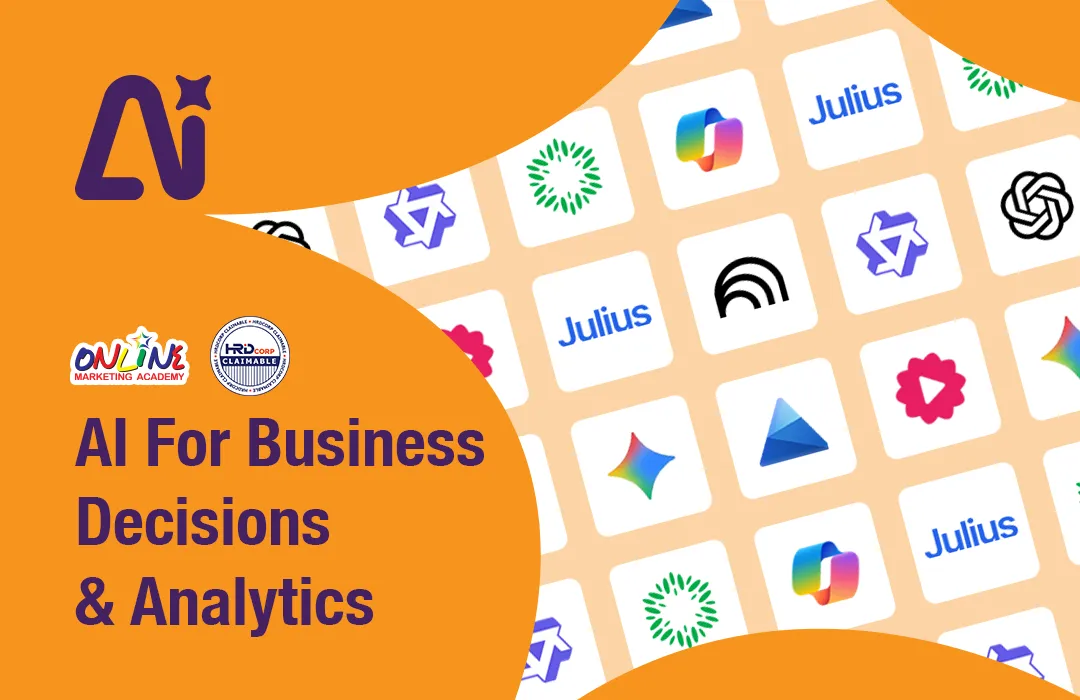
 WhatsApp Us +6011 1144 5462
WhatsApp Us +6011 1144 5462



